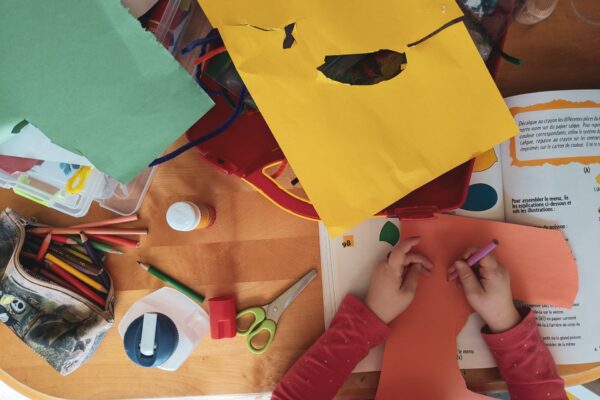How One GRG (Grandparent Raising Grandchildren) is Learning to "Talk Teen"
Years ago, when my daughters were teens, I knew teen lingo. I knew many slang words and used them. When the girls listened to their favorite songs I sang along. Fast forward a few decades and I have a new role. I’m a GRG, grandparent raising grandkids, and learning to “talk teen” again.
My grandkids are unique twins and they have lived with us for three months. At age 16 they not only have their own slang, they carry around mental dictionaries of computer terms in their heads. Groan. I have many new words to learn and communication skills to acquire.
Don Schmitz, Director of The Grandkidsandme Foundation, writes about communication in the February 2008 issue of its newsletter, “Gathering.” In his article, “Communication is a ‘Must’ for Strong Families,” Schmitz says today’s families are trying to do more in less time, with little down time. Good communication is necessary in a setting like this.
What are the keys to good communication? According to Schmitz, they are spending time together as a family, the belief that each family member has value, and making time for communication. “Strong Communication just does not happen; it takes hard work and sacrifice,” he writes.
Communicating with my grandkids is a challenge because they are grieving for both parents. My husband and I are grieving, too, and that’s a strong reason for improving communication. We come from story-telling families and often use stories to illustrate speaking points. But the twins do not want to hear stories, they want us to “cut to the chase.” Thanks to my teaching background I’m usually able to do this.
Still, I had to sharpen my communication skills, and turned to “Grandparenting With Love and Logic,” by Jim Fay and Foster W. Cline, MD. Many of the authors’ communication tips are helpful, especially “playing broken record.” To do this, the parent (or grandparent) repeats a statement or request kindly without raising his or her voice “until the child agreements verbally with the request.” As I re-discovered, the teenage brain needs berbal and written reminders. Communication is better when I use a calm voice.
Offering genuine sorrow and empathy was another helpful point. According to the authors, this kind of communication “drives the pain of the consequence into the heart, where it can be converted into wisdom.” Minnesota has been brutally cold these last few weeks, with 15-20 degrees below zero temps and wind chills of 30-45 degrees below. I told the kids to dress for the weather and they ignored me. One short walk in freezing cold got their attention. Now they wear ski jackets and gloves.
But the most important thing I have learned about “talking teen” is to include love in the conversation. When the kids leave for school I call, “Love you!” They do not reply, but hear the message. They also know my husband and I have been married for 50 years and that we love and respect each other. I’m learning to “talk teen” again. My grandkids are learning that love is spoken here.
Copyright 2008 by Harriet Hodgson










